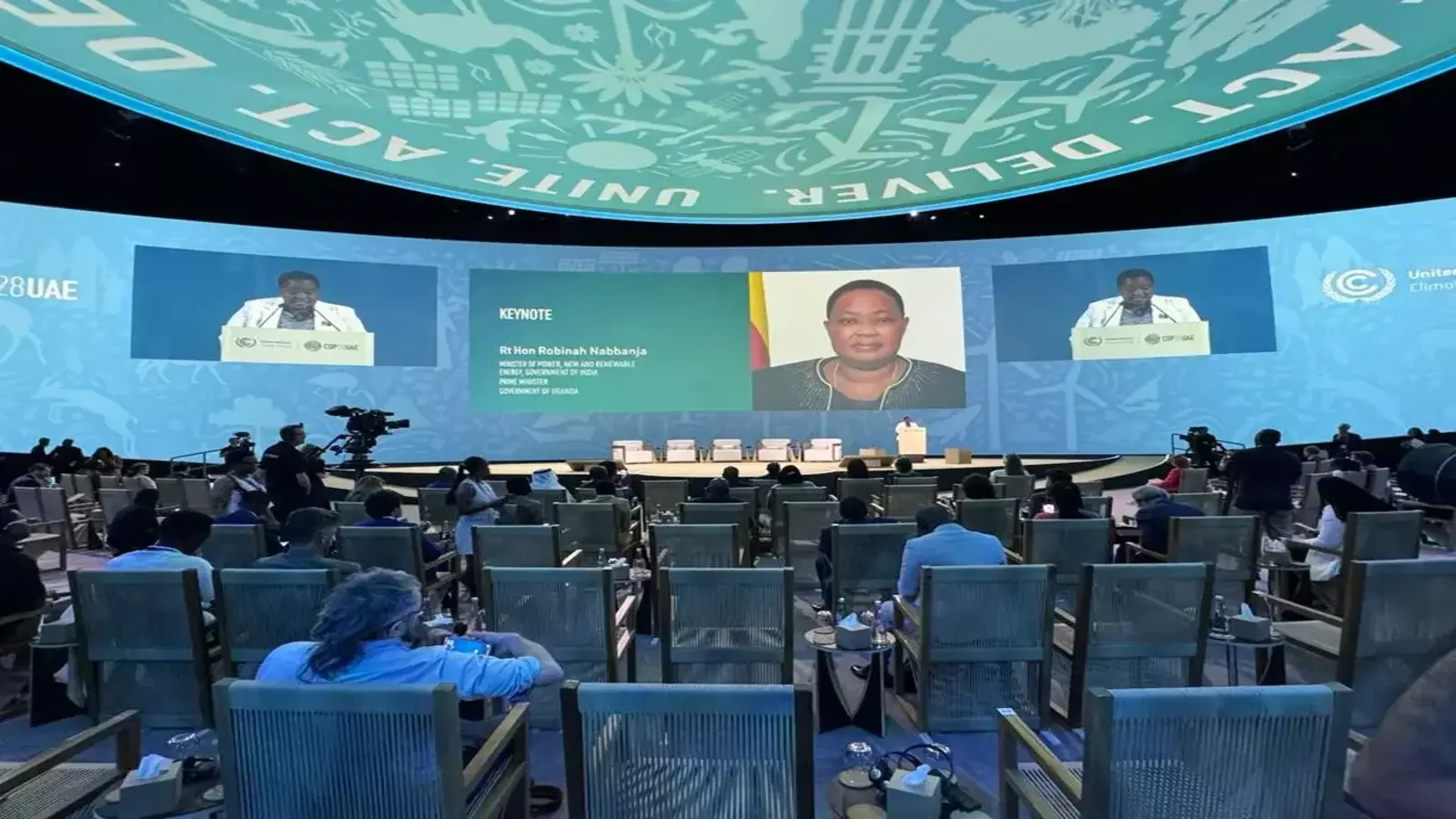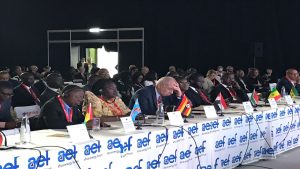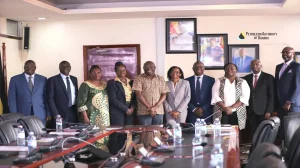Share
At the 28th UN Climate Change Conference (COP28), Uganda’s Prime Minister Robinah Nabbanja made a strong case for clean cooking alternatives in a resounding plea for sustainable change.
Prime Minister Nabbanja fervently defended the urgent need to switch to clean cooking technology during her statement at the COP28 in Dubai. She is steadfastly committed to halting climate change and promoting healthier communities (Global e-Cooking Coalition.)
Her campaign emphasized the significant impact on public health in addition to the environmental benefits, underscoring the significance of affordable and environmentally friendly cooking options for homes in Uganda and beyond. Prime Minister Nabbanja’s passionate speech during the COP28 global conference highlighted the critical role clean cooking has in creating a sustainable and just future for everybody.
Nabbanja claims that the Global e-Cooking Coalition, which is made up of governments, nonprofit organizations, and private benefactors, met at COP28 to discuss important problems pertaining to clean energy and environmental sustainability.
Pledges totaling at least US$30 million were realized during the coalition meeting. The UK government committed to advancing initiatives to electrify cooking and counteract the negative effects traditional cooking methods have on the environment and human health, while Germany pledged 10 million euros.
Prime Minister Nabbanja opened the discussion with, “I am delighted to discuss a topic of great importance and urgency—electrifying cooking as a just journey towards net zero,” laying the groundwork for a thorough rundown of Uganda’s efforts and difficulties.
Nabbanja brought attention to Uganda’s serious problem, which is that over 89% of the population still uses solid biomass for cooking, which contributes to high rates of deforestation, against the backdrop of the country’s intense talks at COP28. She disclosed the disastrous effects on public health, with over 22,000 fatalities annually, mostly impacting women and children, citing data from the World Health Organization.
Underscoring the pressing need to tackle these issues, she presented Uganda’s Vision 2040, outlining the necessity for clean, reasonably priced, and dependable energy. Her statement, “My Government shall require 52,481MW by 2040,” emphasized the pledge to raise access to the national grid to 80% by that date.
She also discussed Uganda’s attempts to lessen its dependency on biomass energy, emphasizing the goal set forth in the Third National Development Plan to reduce that proportion from 89% to roughly 50% by 2025 and 100% by 2040. She presented Uganda’s revised Energy Policy for 2023, which aims to provide a thorough framework for the clean cooking industry and includes financial incentives to entice the private sector to participate.
Speaking about the revolutionary National e-cooking strategy, Nabbanja set high goals. “By 2030, we want to increase the percentage of people using e-cooking solutions from 1% to 38%,” she declared. She emphasized that this approach is consistent with Uganda’s resolve to cut greenhouse gas emissions, increase access to clean cooking, and quadruple its per capita energy use.
Prime Minister Nabbanja acknowledged that there were obstacles to effective electric cooking appliances, such as high costs and supply chain problems, but he gave the assurance that the government had a plan in place to overcome them.
The Global e-Cooking Coalition’s ambitious effort received praise from Nabbanja. She continued by stating, “Uganda remains committed to ensuring universal clean cooking access for the betterment of her citizens’ livelihoods,” summarizing the country’s commitment to a more sustainable and environmentally friendly future.











